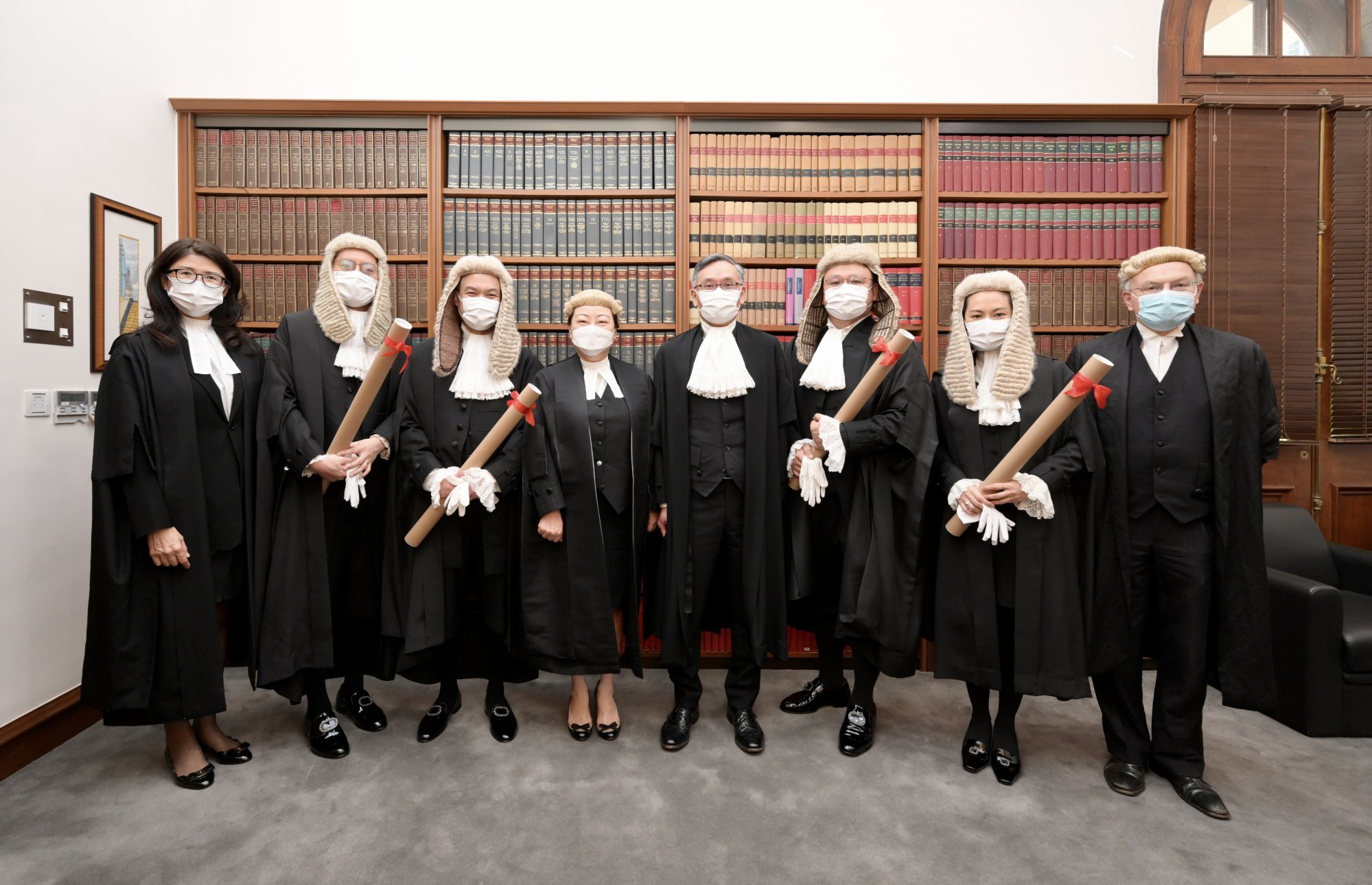Opinion Editorial
Any major reforms must be approached cautiously and carefully to ensure high standards continue to be met and the rule of law is not undermined
Media www.rajawalisiber.com – The division of lawyers in Hong Kong into solicitors and barristers dates back to the early days of British rule. They generally have different responsibilities and are governed by separate rules. Each branch regulates itself.
At times, over the years, there have been calls for the distinction to be removed as in other parts of the world. But the split profession has survived.
One of the distinguishing features of barristers is that they, unlike solicitors, can be appointed Senior Counsel by the chief justice. This elevated status is given to a small minority. The “silks” are appointed in recognition of their ability, standing in the profession, experience and knowledge of the law.
Secretary for Justice Teresa Cheng Yeuk-wah is proposing a change to the law to make her department’s solicitors eligible to become Senior Counsel, too.
Cheng has been careful to stress that her proposal would only apply to government solicitors, not those in the private sector. They would have to give up their “silk” status if they left the department, she added.

By confining her proposal to government lawyers, who are permitted to appear in courts at any level, Cheng has adopted a measured approach. This is, perhaps, because of the controversial nature of the issue.
But the move would mark a significant departure from the long-standing practice in Hong Kong. It would, very likely, have broader implications for the legal profession.
The move could even reignite calls for the two branches of the profession to be merged. The government should consider the wider implications if it is to proceed with the proposal for government lawyers.
There are sound arguments in principle both in favour and against the idea of some form of fused profession. Other common law jurisdictions, including Canada and some states in Australia, do not divide legal work between barristers and solicitors.
But this would fundamentally change a system that has served Hong Kong well. If the government wants to move in that direction it should be open about it. Officials must ensure sufficient time is taken to thoroughly study the issues, to consult widely and build a consensus. The need for an independent Bar would be one of the concerns raised.
Hong Kong’s legal system is one of the foundations on which the city’s success has been built. Any major reforms must be approached cautiously and carefully to ensure high standards continue to be met and the rule of law is not undermined.

